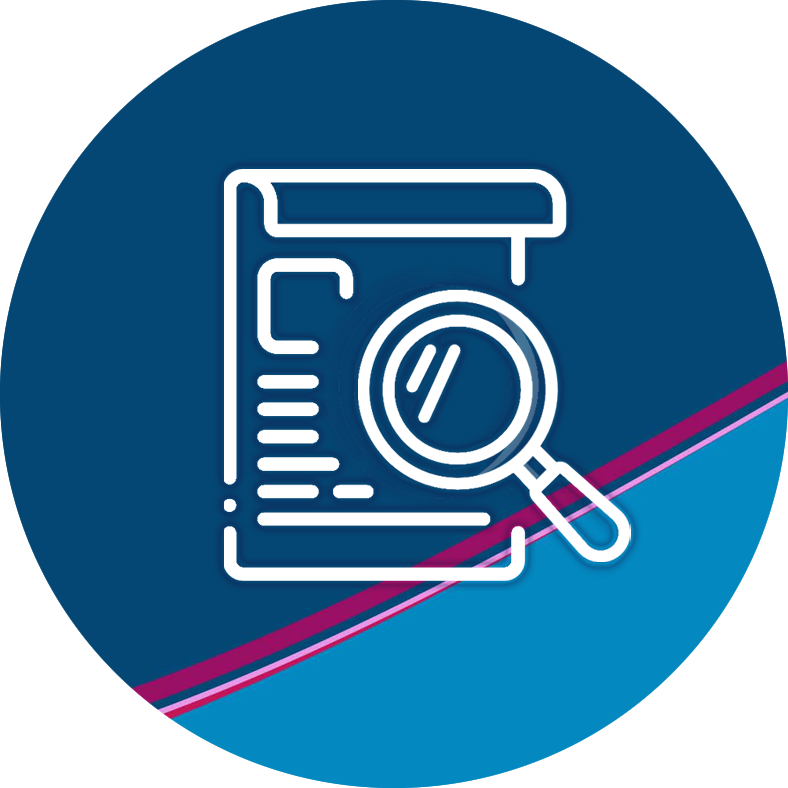Messaggi chiave
- MyHealth è uno studio randomizzato di fase 3 in cui 503 pazienti con carcinoma mammario in stadio I-II giunte al termine del trattamento primario sono state assegnate casualmente a due diverse strategie di follow-up: un programma guidato da personale infermieristico comprensivo di 3-5 sessioni individuali di auto-gestione, segnalazione regolare dei sintomi e assistenza nell’utilizzo dei servizi sanitari; e un programma di controllo con visite ambulatoriali standard.
- A 2 anni, le pazienti nel gruppo di intervento hanno ottenuto un miglioramento statisticamente e clinicamente significativo degli esiti di qualità della vita, riportando inoltre punteggi significativamente inferiori di paura della recidiva, ansia e depressione. L’effetto si è mantenuto stabile nel corso dei 3 anni di follow-up.
- Nel gruppo di intervento è stato registrato un numero considerevolmente inferiore di contatti con il medico e, d’altra parte, un numero significativamente superiore di contatti infermieristici. Il numero di esami di imaging eseguiti è stato simile nei due bracci. Non sono stati identificati effetti potenzialmente dannosi, sebbene vada considerata l’esclusione dallo studio delle pazienti ad alto rischio di ripresa della malattia.
Abstract
Purpose
- Follow-up after breast cancer with regular visits has failed to detect recurrences, be cost-effective, and address patient needs.
Methods
- MyHealth is a phase III randomized controlled trial (ClinicalTrials.gov identifier: NCT02949167).
- Patients, who recently completed primary treatment for stage I-II breast cancer, were randomly assigned in variable block sizes and stratified by age and human epidermal growth factor receptor 2 status to intervention or control follow-up.
- The nurse-led intervention comprised three to five individual self-management sessions, regular reporting of symptoms, and navigation to health care services.
- The control follow-up comprised regular outpatient visits with the physician.
- The primary outcome was breast cancer-specific quality of life (QoL) measured by the Trial Outcome Index-Physical/Functional/Breast summary score of the Functional Assessment of Cancer Therapy-Breast 2 years after random assignment.
- Secondary outcomes were fear of recurrence, anxiety, depression, and health care utilization. Analyses were intention-to-treat and P values were two-sided with 95% confidence level set at 0.005 because of multiple comparisons.
Results
- Among 1,101 eligible patients, 875 were invited and 503 were randomly assigned to control (n = 252) or intervention (n = 251) follow-up.
- At 2 years, patients in the intervention group reported a significantly and clinically relevant higher QoL (mean, 75.69 [standard deviation [SD], 12.27]) than patients in the control group (71.26 [SD, 14.08]), with a mean difference of 5.05 (95% CI, 3.30 to 6.79; P < 0.001).
- The intervention group reported significantly less fear of recurrence, anxiety, and depression; they had fewer physician consultations but more nurse contacts and an unchanged diagnostic imaging pattern.
- The effect on all outcomes was stable through a 3-year follow-up.
Conclusion
- The MyHealth study suggested a new strategy for follow-up after early breast cancer as it provided significant improvements in QoL.
Note: Funded by Danish Cancer Society; MyHealth ClinicalTrials.gov number, NCT02949167
